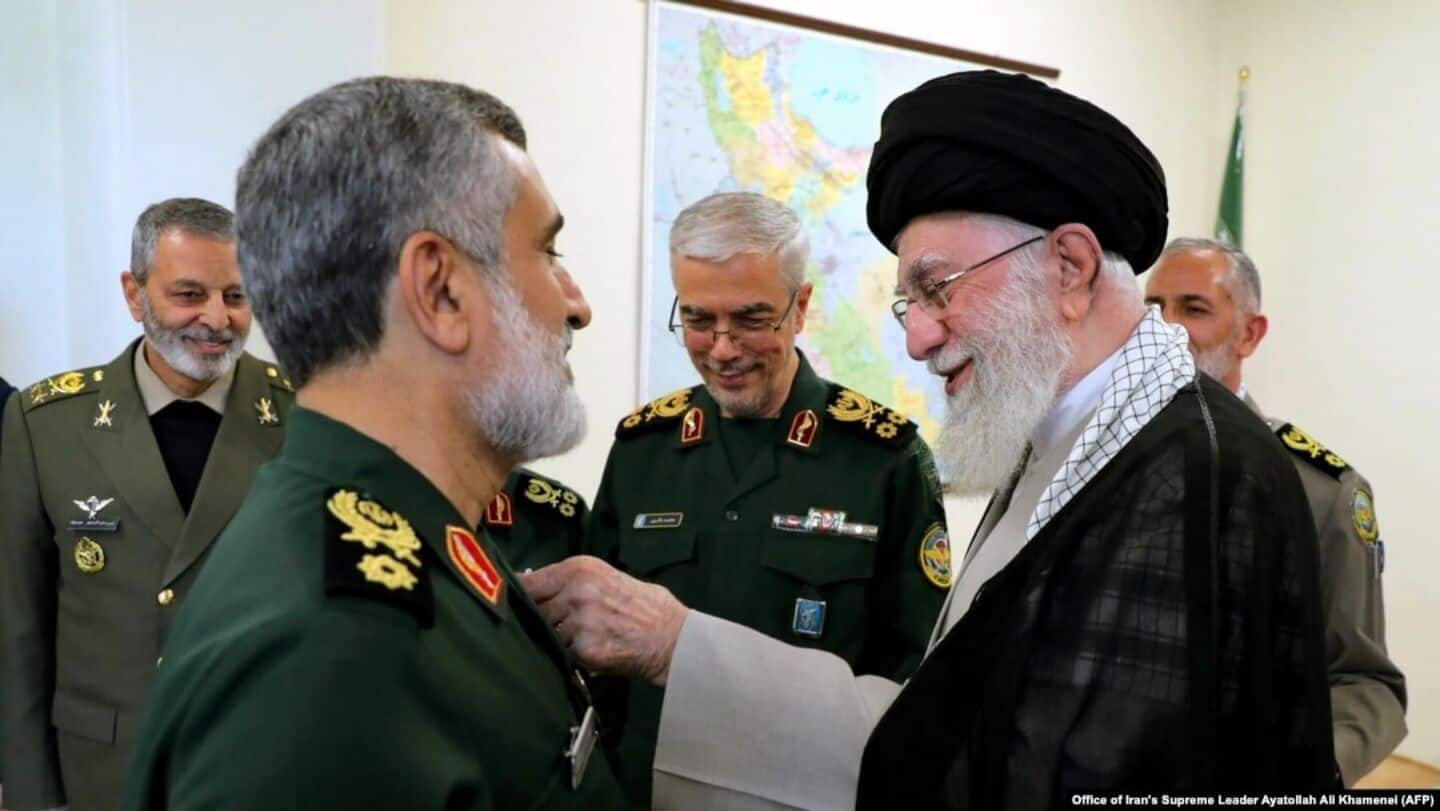
Who is Iran's Supreme Leader Ayatollah Ali Khamenei?
What's the story
As the conflict between Iran and Israel intensifies, reports suggest that Israel had plans to eliminate Iran's Supreme Leader, Ayatollah Ali Khamenei. However, United States President Donald Trump reportedly rejected the idea of assassinating Khamenei. According to one official, Trump told Israeli Prime Minister Benjamin Netanyahu that assassinating Khamenei was "not a good idea." A plot to assassinate Khamenei would undoubtedly exacerbate an already volatile situation, potentially destabilizing the area.
Background
Early life and political career
Born in Mashhad, Iran, Khamenei became a devoted follower of Ayatollah Ruhollah Khomeini, the founder of the Islamic Republic of Iran. He was imprisoned multiple times for his opposition to Shah Mohammad Reza Pahlavi. In 1981, he survived an assassination attempt that left him partially paralyzed. Later that year, he was elected president of Iran and served two terms until 1989.
Power
Controversy surrounding his appointment as Supreme Leader
After Khomeini's death in 1989, Khamenei was named Iran's Supreme Leader. His appointment was controversial, as some clerics felt he lacked the necessary qualifications. However, the Assembly of Experts approved him, and the constitution was amended to require "Islamic scholarship" from the Supreme Leader. The constitution also gave him more powers by abolishing the prime minister's position and concentrating authority in the presidency.
Authority
His vision for Iran's economy and foreign policy
As Iran's Supreme Leader, Khamenei wields significant power over the judiciary, armed forces, state-controlled media, and the 12-member Guardian Council. He also decides Iran's foreign policy and economic strategies. His vision for Iran's economy involves making it resistant to international sanctions by relying on countries like China and Russia, as well as neighboring Afghanistan and Iraq.
Tensions
Views on the US and Israel
Khamenei has always distrusted the West, particularly the US and Israel. He has often criticized America's intentions, claiming it wants to restore a patron-client relationship with Iran that existed during the Pahlavi monarchy. He is more concerned about a political and cultural campaign to undermine Iran's theocratic rule than a US military invasion, carnegieendowment.org notes. In 2018, he reiterated his distrust of America after Trump withdrew from the nuclear deal, stating, "I said from the first day: don't trust America."
Stance
Stance on Palestine and Israel
Khamenei sees the US and Israel as two sides of the same coin. He has repeatedly called for the elimination of Israel, describing it as a "cancerous tumor" in 2018. He has also been skeptical about the Holocaust, questioning its reality and circumstances. After Hamas's deadly attack on Israel last October, Khamenei's adviser said Iran would support Palestinian fighters until they liberated Palestine and Jerusalem.